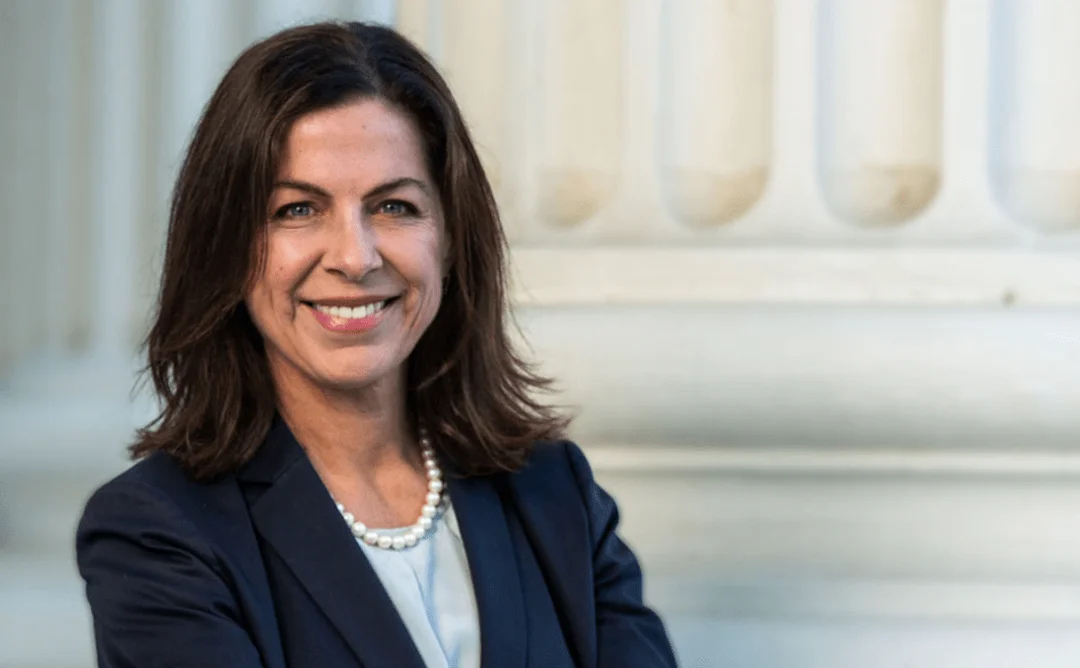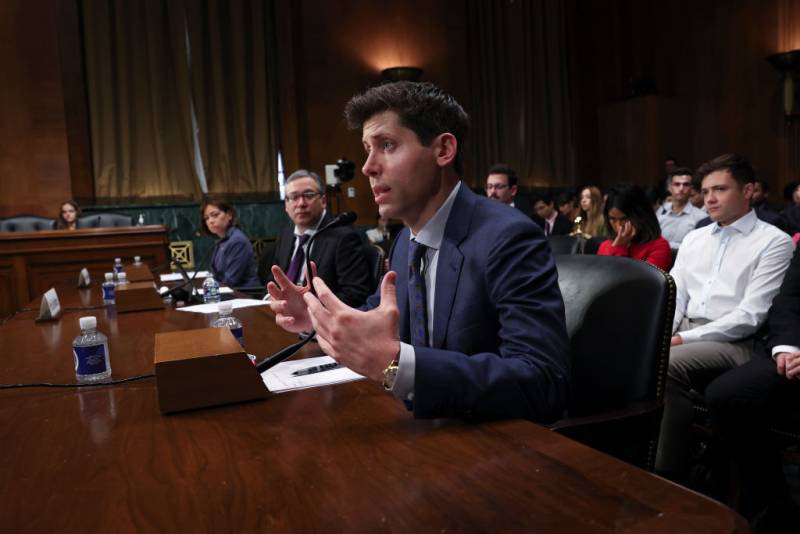
OpenAI’s Transformation Sparks Controversy Amid Calls For Accountability And Transparency
OpenAI, once the world’s most prominent nonprofit AI laboratory promising to “benefit humanity,” is at the center of a heated debate as it pushes forward with plans to become a for-profit powerhouse backed by billions in venture capital. The conversion process has sparked criticism, petitions by community groups, regulatory inquiries — and accusations that it betrays OpenAI’s original charitable mission in favor of profit and corporate control.

The controversy intensified after OpenAI disclosed a plan to transform from a nonprofit-supervised for-profit subsidiary into a Delaware Public Benefit Corporation (PBC), a corporate form intended to balance public good with shareholder interests. This restructuring aims to unlock tens of billions of dollars in promised funding from investors like SoftBank — whose recent $40-billion funding commitment is conditional on OpenAI completing the conversion within the year, pushing its valuation close to $300 billion.
Community leaders, nonprofit organizations, and labor groups worry this change will divert OpenAI away from its founding social mission. More than 50 organizations led by LatinoProsperity and the San Francisco Foundation recently petitioned California Attorney General Rob Bonta to block the restructure and protect charitable assets irrevocably dedicated “to benefit humanity.” They argue that the conversion could create immense profits for insiders while sidelining nonprofit commitments, setting a problematic precedent for other mission-driven startups tempted by lucrative markets.
Fred Blackwell, CEO of the San Francisco Foundation, highlighted the concern: “We are not opposed to any conversion of nonprofit to for-profit... We really just want to make sure that the assets are properly accounted for in this conversion. And that it’s an independent entity that comes out the other end.”
The California Attorney General’s office has launched an ongoing investigation, seeking information from OpenAI on how it plans to preserve assets for their intended charitable purpose. Despite the probe, Orson Aguilar from LatinoProsperity remarked that “there hasn’t been any meaningful action,” fueling frustration among advocates.
OpenAI insists it remains committed to its founding goals. A spokesperson reiterated, “Our board has been very clear that we intend to strengthen the nonprofit so it can deliver on its mission for the long term. We’re not selling it, we’re doubling down on its work.” The company has established an advisory commission with nonprofit leaders to guide its future path.
Tensions deepened in California’s legislature. A bill named AB-501 initially aimed to prevent conversions like OpenAI’s by forbidding nonprofit startups from morphing into for-profit entities. Mysteriously, AB-501 was drastically rewritten to address not AI corporate governance but aircraft lien procedures. While lawmakers cited ‘complexity’ as the reason, critics suspect intense lobbying influenced the change — potentially following contact between OpenAI CEO Sam Altman and Assemblymember Diane Papan. Prominent AI scientist Gary Marcus called this rewrite suspect, questioning behind-the-scenes political maneuvers.
Ironically, Altman has publicly advocated for AI regulation, telling the U.S. Senate last year, “There needs to be incredible scrutiny on us and our competitors.” Yet OpenAI has since ramped up lobbying efforts, even reportedly opposing some AI oversight bills in Sacramento and Washington. This perceived contradiction — promising openness but opposing regulation — exacerbates trust concerns among the public and lawmakers alike.
Some experts, such as USC’s Nathanael Fast, see OpenAI’s move as inevitable within the fiercely competitive AI sector dominated by resource-rich giants like Google, Meta, and Microsoft. The key question remains: “Will they hold onto unique nonprofit values after restructuring — or just become another profit-driven company?”
As OpenAI stands at this crossroads between public purpose and profit motive, its decisions will likely shape not just its own future, but the evolving relationship between powerful AI technologies and the societies they impact. Should mission-driven nonprofits pivot boldly into corporate realms — or uphold their original social promises at all costs?
Readers, what do you think? Does OpenAI’s transformation betray its original ideals, or is it a necessary evolution to stay ahead in a cutthroat industry? Share your thoughts and join the conversation below.